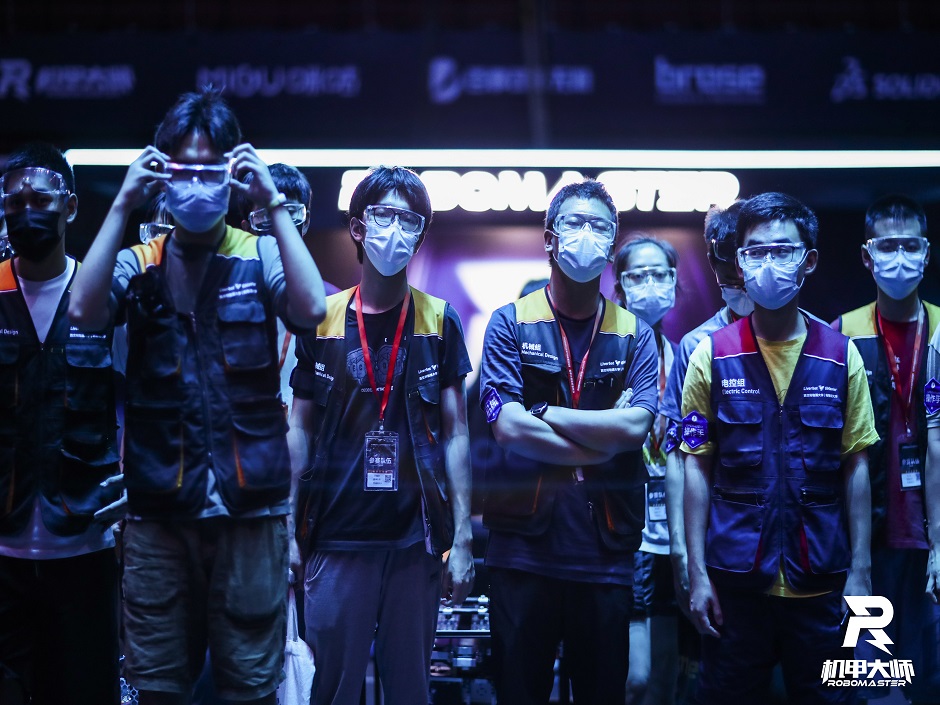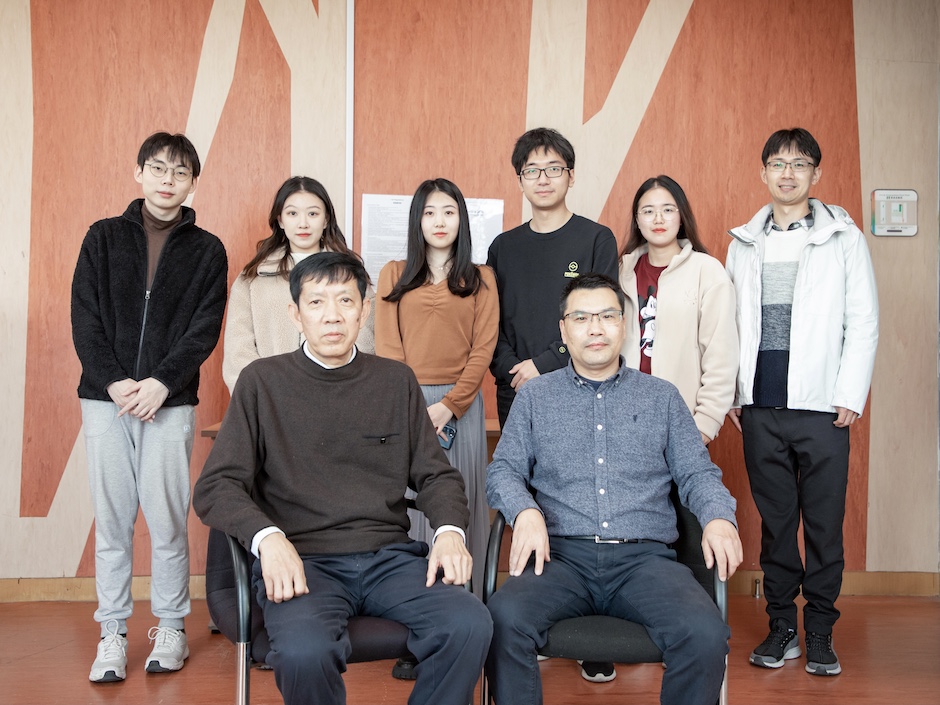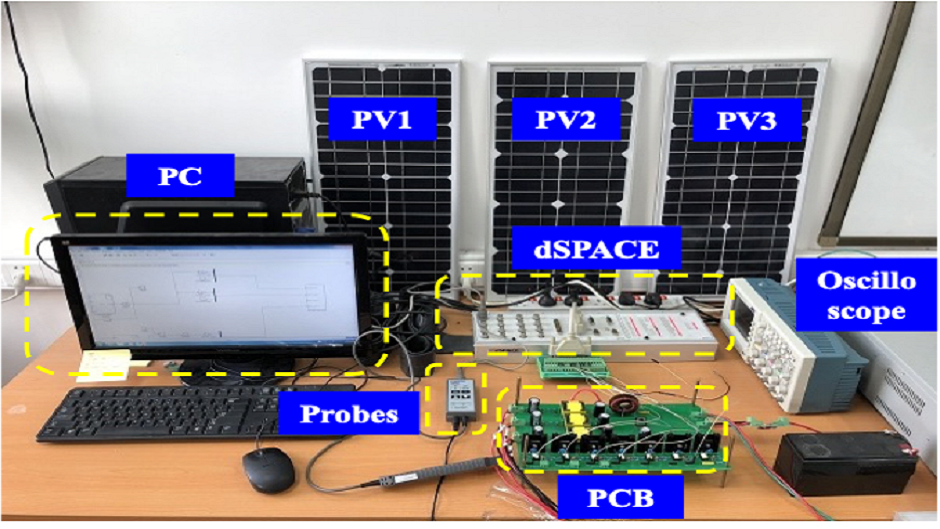13 Feb 2022
At the 2021 RoboMaster University Championship held in Shenzhen, G-Master, an international undergraduate student team whose members come from Xi’an Jiaotong-Liverpool University and the University of Liverpool, used six functional robots they had made to compete with student teams from around the world. They won several prizes and set a new record for the highest scores that XJTLU has ever achieved at the competition.

The team won second prize in the international division, third prize in the RoboMaster University Championship (RMUC), and second prize in the RoboMaster University Technical Challenge (RMUT) – Standard Racing and Smart Firing. Overall, they also secured seventeenth place in the RoboMaster University Technical Challenge – Standard Racing and Smart Firing, G-Master, ranking in the top 10% among the 176 participating teams.
Participation in RoboMaster requires knowledge of cutting-edge technologies in many fields, including machinery, electronics, artificial intelligence, and operations management. Students need to design and make the robots' mechanical structures and electrical systems, while programming visual recognition and motion control systems.

Exploring and Updating
The rules of RoboMaster are similar to those of the tower defence game: both sides of the battle send on two designated battlefield robots; Standard- the Engineer robot that has to collect yellow cubes that can be exchanged for projectiles, and Hero – the attacking robot responsible for firing the projectiles at the opponents.
The robots are remote-controlled by participants, and should launch projectiles at the opposing team's robots and base. Each robot and base is equipped with special armour modules with pressure sensors that measure the damage caused by the shots. The first team to conquer its opponent's base wins.
Zi’ang Wu, the leader of the vision team and an undergraduate student in Information and Computing Science, discusses the need for the teams to constantly adapt and upgrade their algorithms.
“Robomaster changes its rules nearly every year, so it’s necessary for teams to keep coming up with innovative ideas to develop new technologies,” says Wu.
“Before the robots can automatically attack their enemies, they need visual algorithms for aiming. Currently, we're exploring neural networks – an emerging branch of vision algorithm, and such an exploration requires our members to have a good command of the knowledge concerning mathematics and programming,” he adds.
“It gives the team an experience of solving real-life problems by employing the knowledge we have learned in class from an engineer's perspective,” says Jingyi Wang, the leader of the electronic control team and a Year Three undergraduate student in Digital Media Technology.”
The team instructor, Dr Chun Zhao from the School of Advanced Technology, says, “The robots are all made by the undergraduates. It is a big challenge for everyone involved, and the good scores they have achieved in consecutive years prove the professional competence of our students.”

Goals and Commitments
Founded in 2018, the G-Master team has more than 20 core members, primarily First and Second year students, with several students continuing to serve as long-term technical consultants.
Hongyu Tu, the captain of the 2020-2021 G-Master team, credits the team’s collaboration and success on their cultivation of talent.
“Many team members from previous years have graduated, but no new players joined the team at the start of this year. We therefore asked the senior students to help the newcomers, and with a joint effort, we made considerable progress.”

"Winning the competition is not the sole aim of our team. Our ultimate goal is to turn the club into a community for knowledge sharing and continued learning," says Yifan Wang, the team's project manager and a Year Three undergraduate studying Applied Mathematics.
“In addition to learning knowledge and skills, we also learn to cooperate with others and enhance our sense of responsibility within the team. We grow together,” says Yu Zhang, a Year Three Media and Communications Studies student, who was the leader of the branding team.

According to Professor Eng Gee Lim, Dean of the School of Advanced Technology and AI University Research Center (AI-URC) at XJTLU, the competition offers students the opportunity to develop cutting-edge technologies.
“RoboMaster is an important student project in AI-URC. It allows undergraduate students to develop advanced robots, as well as acquire relevant expertise and practical skills within a short time. The experience our students gain helps them to make breakthroughs in their future attempts,” Professor Lim says.
“XJTLU highlights research and practice-led learning and teaching, while RoboMaster helps us to put our teaching philosophy into practice,” he adds.
By Huatian Jin
Translated by Xueqi Wang
Edited by Catherine Diamond
Photos by DJI Education
13 Feb 2022
RELATED NEWS

SURF Story: New technology supports healthy living
A new approach to detecting blue-green algaeThe deterioration of water quality, caused in part by improper waste management, has devastating effects on marin...
Learn more

Sustainability: Solar power generation with Dr Huiqing Wen
In part four of our sustainability series, Dr Huiqing Wen of the Department of Electrical and Electronic Engineering talks to us about his research into carb...
Learn more








